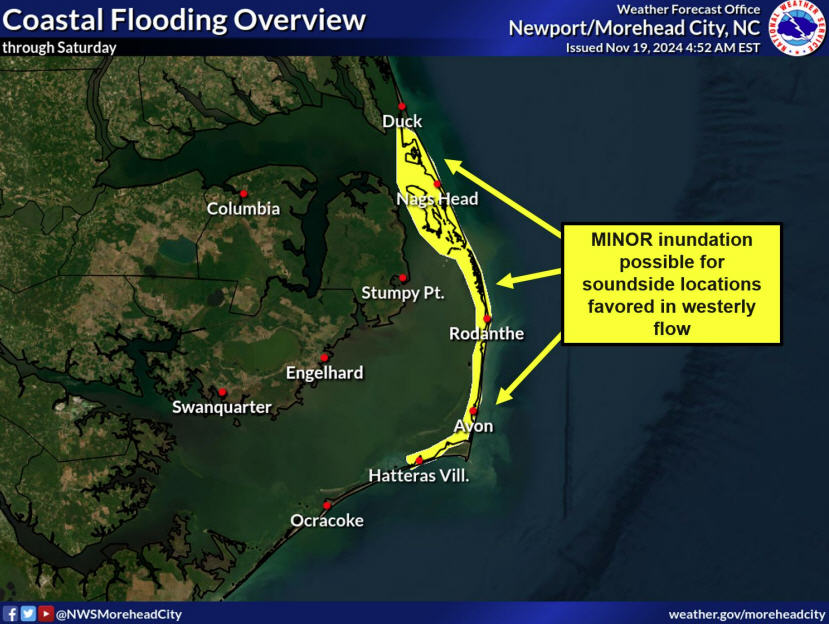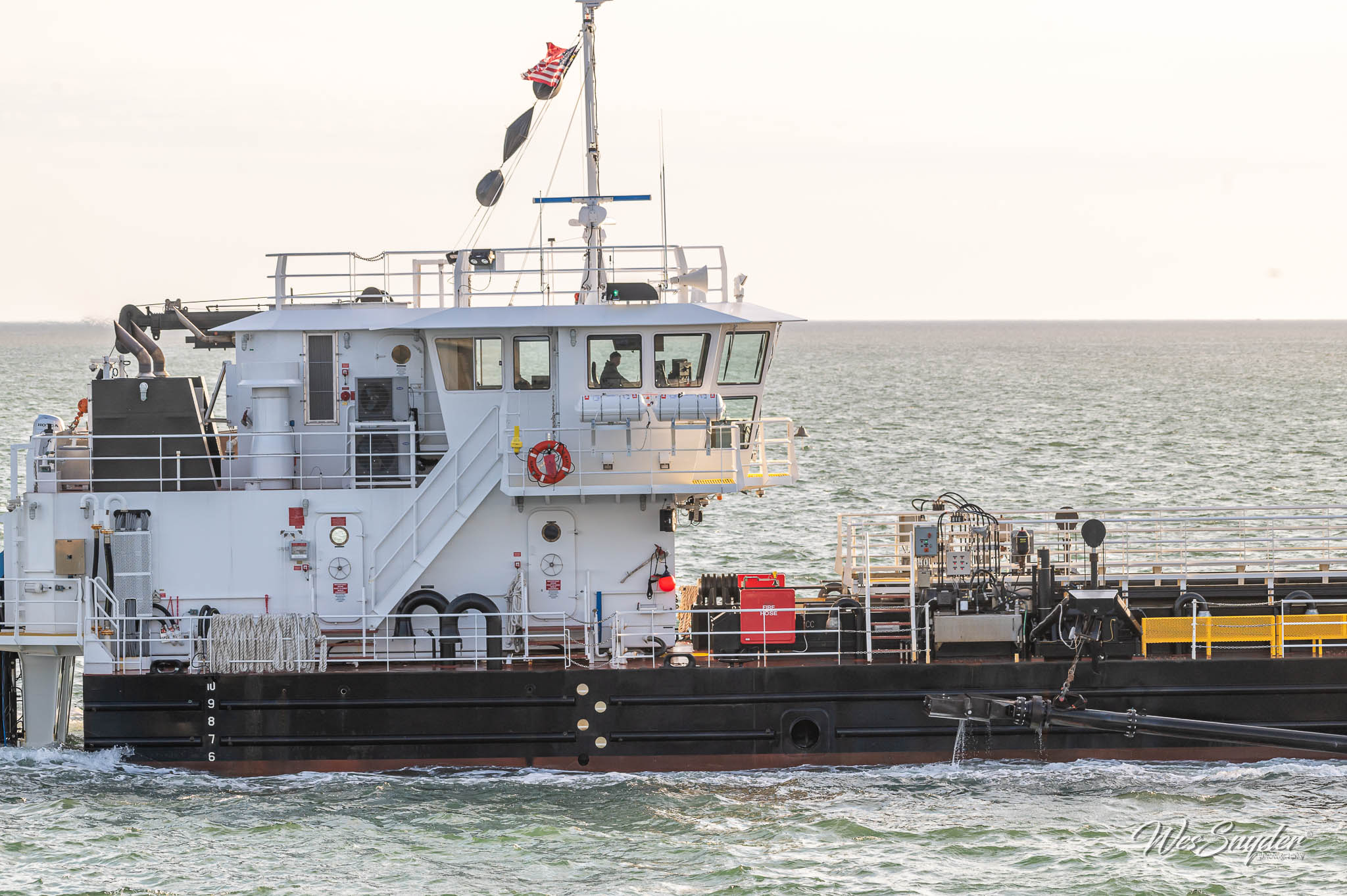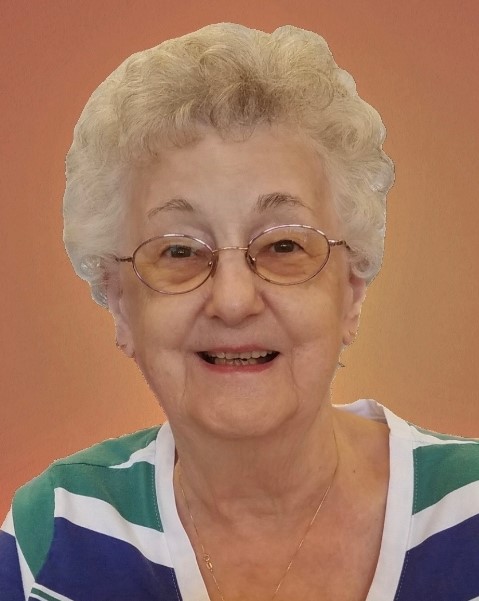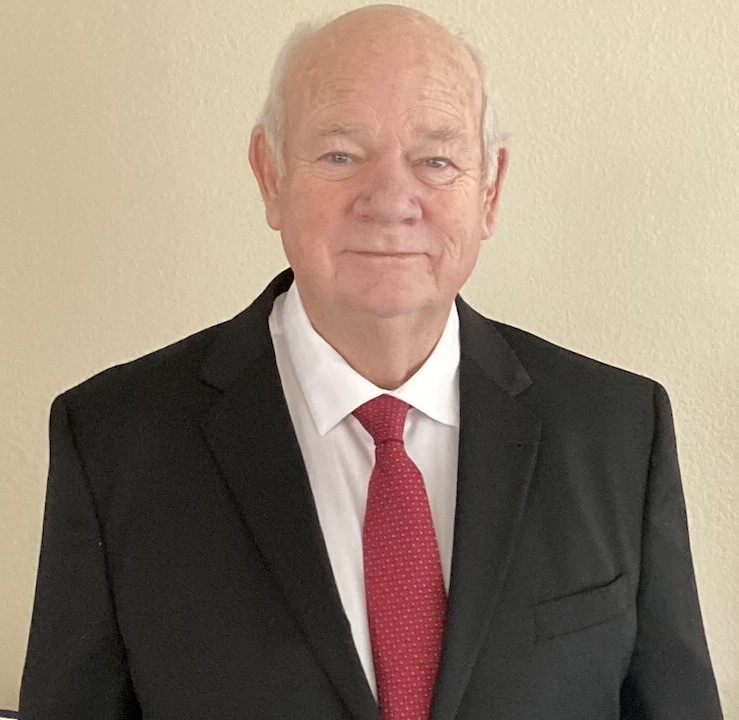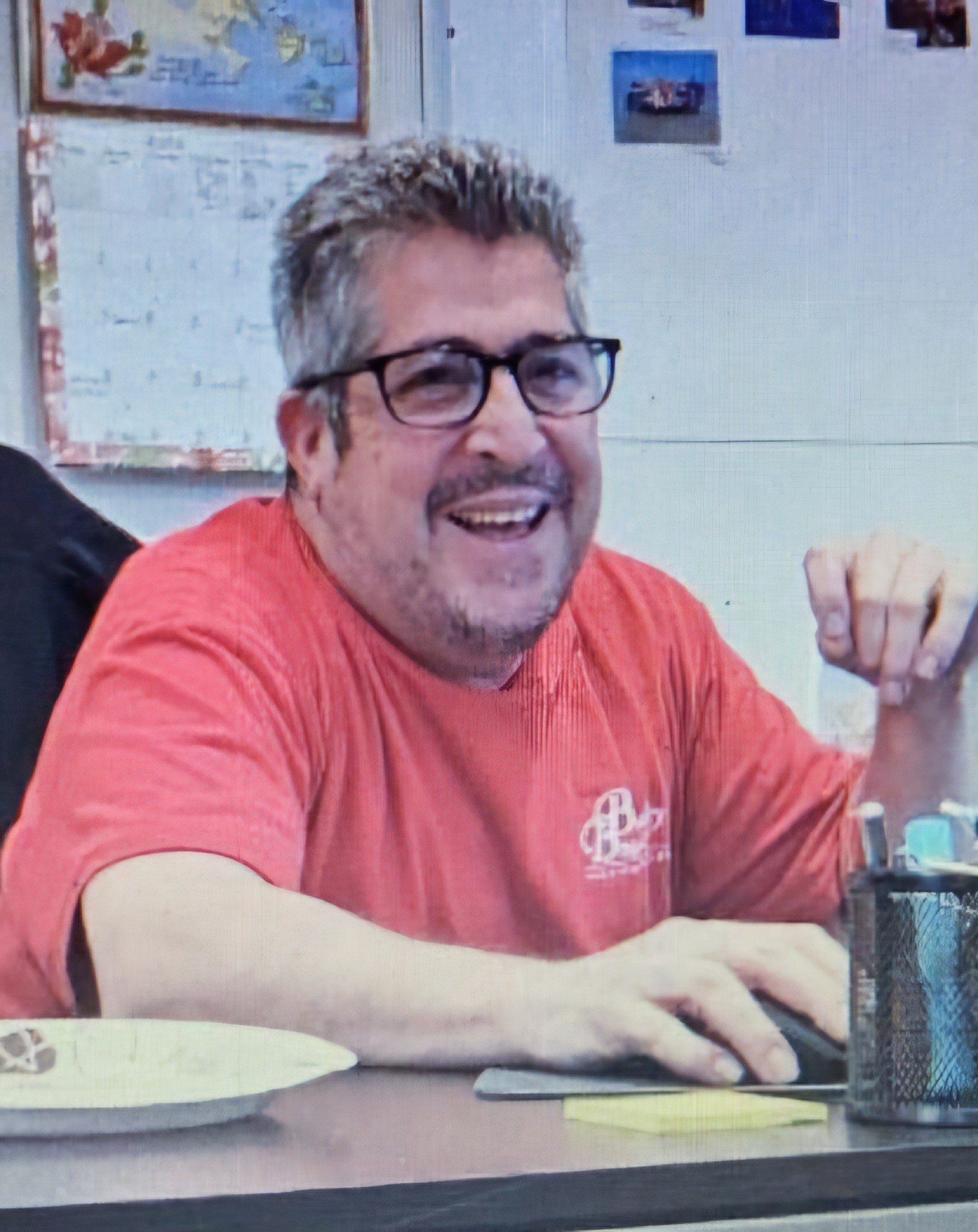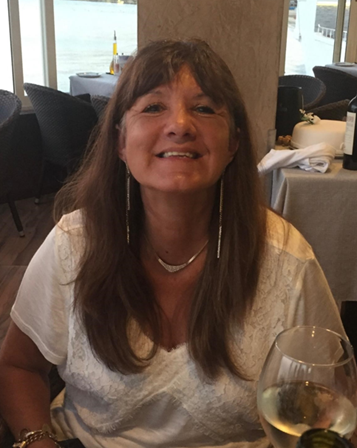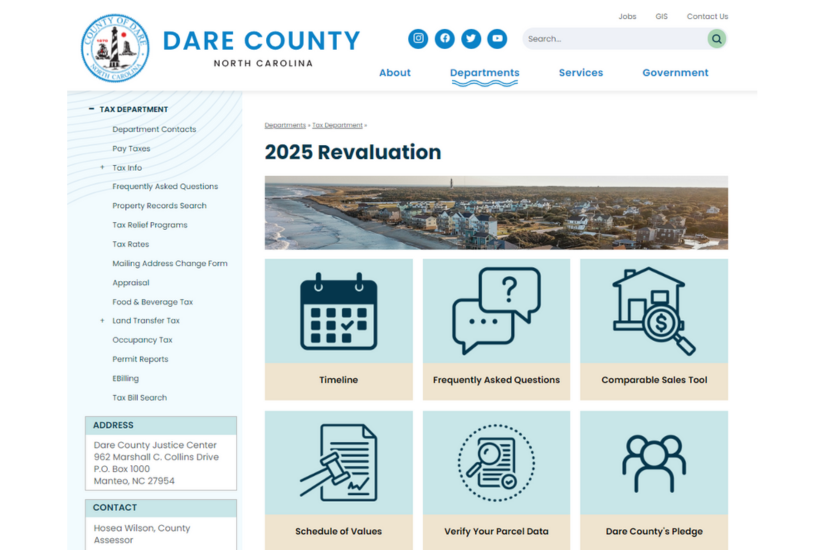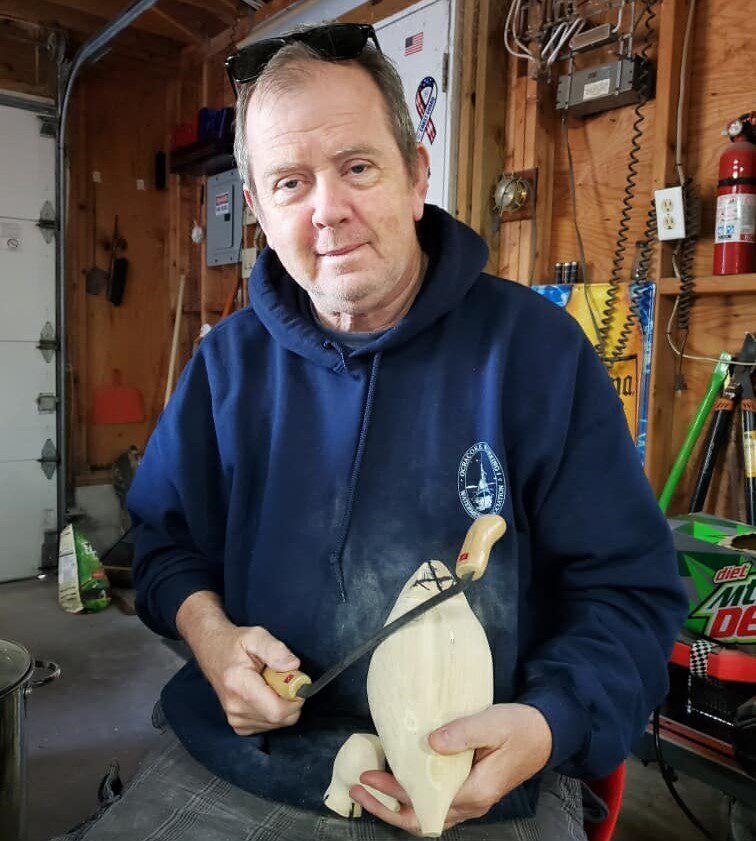North Carolina’s Most Remote Health Clinic?
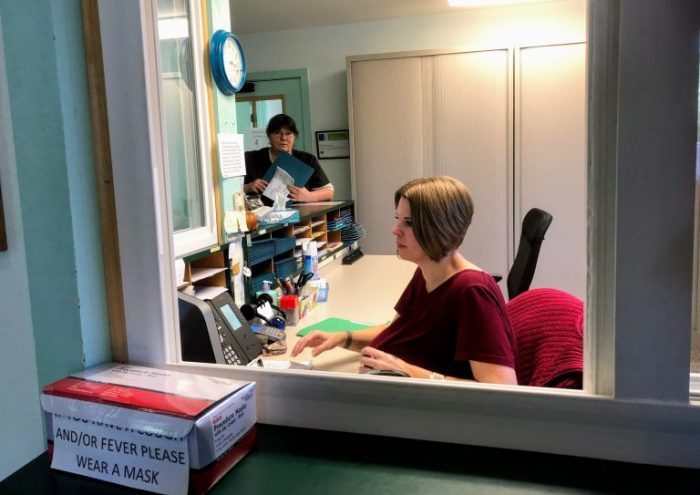
By Rose Hoban
Cheryl Ballance sometimes has had to tell summer guests not to come to Ocracoke.
Ballance, the long-time chief executive officer of the Ocracoke Health Center, once got a call from a woman who was nine months into a high-risk pregnancy and wanted to know what the health resources were.
“Oh, you really need to look at the map,” she had said before going on to explain that if the woman went into labor, she’d be several hours from a facility that could safely deliver her.
Ballance, an R.N., has seen and heard it all—from the 1,000-plus year-round residents and several thousand visitors daily during the summer season.
That makes the health center, helmed by the island’s only doctor, Erin Baker, D.O., an important place on this island, providing many health services in a friendly office setting. Supplementing island health care is Gail Covington, a nurse practitioner, who provides services in home on Ocracoke and Hatteras islands, but who does not take insurance.
But the past few years have been challenging financially. Ballance said it’s difficult to keep providing high quality care on a shrinking health care dollar in one of the most remote and sparsely populated parts of the state.
About a third of her patients are uninsured, even as they work two to four gigs at a time during tourist season, and the center does not turn anyone away.
“The people who support this whole resort are people who are only employed, if they’re lucky, somewhat in April, May, June, July, August, and if we don’t have hurricanes September and October,” she said. “Then by November, everything is closed. They’re making a year’s worth of income during that five- to six-month period.”
Then, for many people on the island, funds begin to dwindle in the lean months of late winter, especially as unemployment checks peter out. It’s something familiar to Erin O’Neal, the clinic’s chief operating officer, who used to work in restaurants when she’d come home from school.
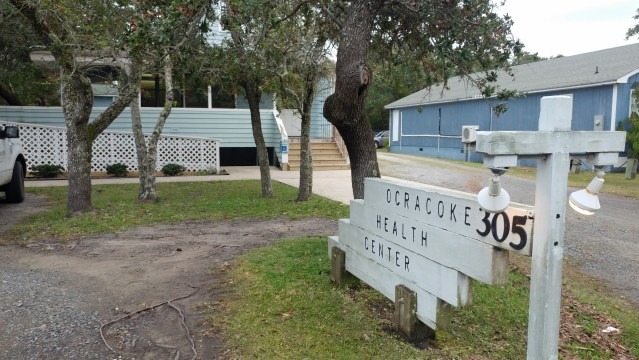
The isolation tourists crave makes for challenges for the locals.
When Vince O’Neal (related to Erin O’Neal, who’s married to Vince’s cousin, Chad) was a kid on Ocracoke, his only medical encounters were with the school nurse or his grandmother, a midwife who delivered the island’s babies for decades. That was before the clinic started in 1981.
“We did not have any kind of medical services here until that clinic was built,” said the 59-year-old restaurant owner, and, by his reckoning, eighth generation Ocracoker.
Otherwise, it was off the island to the doctor, a trip that could take hours, or even a whole day. To visit specialists, islanders must take a day or more to do so.
Access to emergency care from Ocracoke has gotten better over the years. There are always emergency medical technicians on the island and helicopter service to Vidant Medical Center in Greenville, but there’s no pharmacy and no lab.
Getting off the island takes hours by ferry to mainland Hyde and then to the nearest hospital, or an hour-long ferry ride to Hatteras from the northern end of the island and then another 90 minutes to Nags Head.
So much depends on the ferries. If the weather turns stormy, or foggy, the ferries don’t run. Even when they do, getting to a specialist off island can mean getting up at 3:30 to get the 5 a.m. Hatteras run. Prescriptions? They come by courier from Beach Pharmacy in Hatteras every afternoon.
Many of the clinic’s child patients are covered by Medicaid, but Ballance said uncertainty looms about that payment stream as the program gets set to transform from a fee-for-service to managed-care payment regimen where clinics such as OHC get paid a set monthly fee in return for providing all of a patient’s needs.
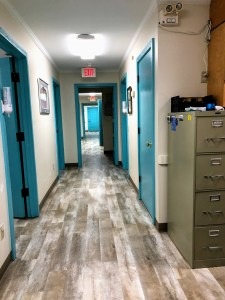
And Ballance wants to make sure she gets the same reimbursement percentages from all providers.
The OHC has achieved the benchmarks required to be a “quality provider” for Blue Cross Blue Shield, which comes with enhanced payment. But the extra work to become a quality provider has meant extra work.
“We’re almost at that breaking point. I mean, we’re really on the brink, that we have to hire another person,” to fulfill the quality tasks plus do paperwork, she said, noting that the cost of living and lack of low-cost housing on Ocracoke can make it challenging to recruit year-round workers. “We don’t earn resort income, but we pay resort prices to live here,” she said.
Even the well-paying patients haven’t been as profitable of late. Traditionally, the clinic has treated tourists, who do often have jobs – with insurance – that pay enough for them to come to the island for a vacation. But commercial reimbursements haven’t kept pace.
“We barely do a margin in our busy season, June, July and August,” Ballance said.
If it weren’t for the funds the center gets for being a “federally qualified” health center, the fundraising, and foundation grants, there’d be no way to keep health care going on the island.
That’s why the health center is mounting a Seafood Festival from 4 to 11 p.m. Aug. 31 to raise about $80,000 needed to make building repairs, among other needs.
“Health care is vitally important for the island, both to meet the needs of the local community and the tourist population,” said Helena Stevens, executive director of the Ocracoke Civic and Business Association.
She wouldn’t even speculate what losing the clinic would mean to the island.
Rose Hoban, an R.N., is the founder and editor of North Carolina Health News, an online news outlet at nchealthnews.org covering health issues statewide.


